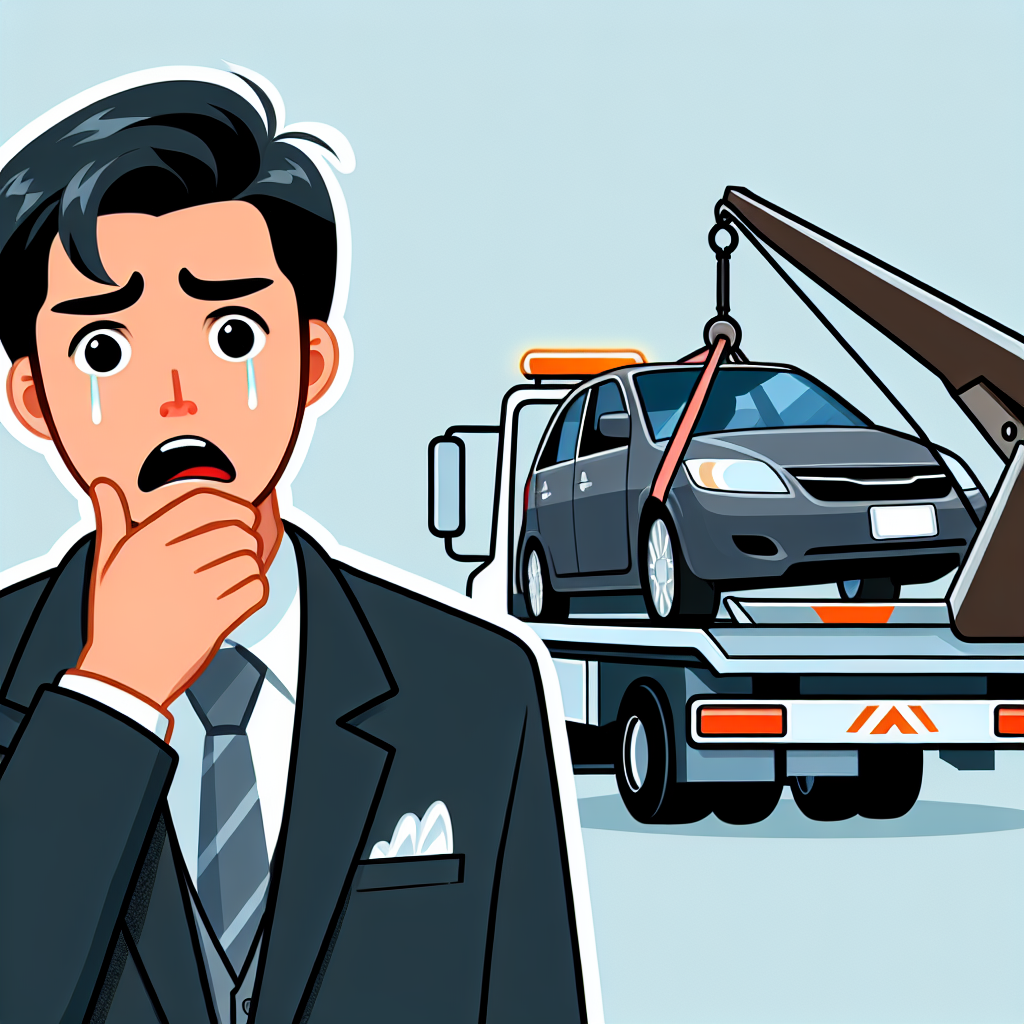The Hidden Fallout of Cosigning on a Car Loan
Being a cosigner on an auto loan means you’re on the financial hook just as much as the main borrower, especially if the vehicle ends up in the lender’s hands. Missing payments can trigger repossession, bringing with it a cascade of consequences you might not have bargained for. Before signing your name, grasping the full scope of what “cosigning gone sideways” entails is crucial.
How Cosigning Links Your Credit Fate to the Borrower’s Actions
Cosigning an auto loan essentially binds your financial well-being to the primary driver’s creditworthiness. When the car is repossessed, the fallout isn’t limited to the borrower; your credit reputation takes a comparable beating.
“Repossession stings both the debtor and the cosigner, as both of their credit scores suffer,” explains Howard Dvorkin, CPA and Chairman at Debt.com. “Instances like late payments, defaults, collections, and court rulings will appear on credit reports for both parties in question.”
One catch: lenders rarely have to give a heads-up to cosigners if payments stop rolling in, and in many places, they don’t even need to inform before taking the vehicle back. Staying vigilant—tracking payments and reaching out to the borrower or lender proactively when payments are missed—is your best defensive move.
Until the debt is fully wiped clean, your credit will mirror the borrower’s in damage and distress. This threat extends beyond just your credit score—it could drain your available funds and strain your relationship with the borrower, risking a trifecta of setbacks.
Can You Repossess the Car Yourself?
Taking matters into your own hands by seizing the vehicle isn’t a sound or legal way to address defaults. The law frowns upon any self-help repossession to avoid conflicts and ensure order. When necessary, leave it to the bank or dealership to reclaim the car.
A Heavy Hit to Your Credit Score
Signing off as a cosigner aligns you entirely with the loan’s credit consequences. Although a punctual borrower might build your credit, missed payments or repossession will slam your creditworthiness, potentially knocking your score down by 100 points or more.
“Repossession lingers on your credit report for a hefty seven years, dragging your score down long after you’ve lost the ride,” Dvorkin points out.
Yet, a bruised credit score isn’t the end of the road. Through disciplined budgeting, cultivating smart money habits, and consulting credit experts if needed, recovery and score improvement remain within reach.
Owing Money Even After the Car Is Gone
As a cosigner, loan responsibility doesn’t vanish with the vehicle. Should the borrower default, you’re legally on the hook for the outstanding balance.
Following repossession, the lender might auction or sell the car to claw back the loan amount. However, it’s not unusual to face a deficiency balance, where the sale price doesn’t cover the full loan, leaving you liable for the gap.
Post-repossession, it’s essential to ascertain your total owed amount. Collaborate with both the lender and the main borrower to map out a realistic payoff strategy.
Snapshot: Car Repossession by the Numbers
According to industry statistics, nearly 11% of car loans in the U.S. experience repossession within the first five years. Deficiency balances average around $3,000, with repossession-related credit score drops often exceeding 100 points. These figures highlight the tangible risks cosigners take on with every signature.
Shielding Yourself: Steps to Dodge Repossession Trouble
Worried your cosigned vehicle might be on the chopping block? Preventive moves can minimize fallout or stop repossession entirely if you act ahead.
- Keep in touch with the lender and stay current on payments. If you can swing it financially, staying on top of payments is the surest way to steer clear of repossession drama.
- Request a payment deferral. When finances are tight, submitting a hardship letter explaining your situation might buy you some breathing room by postponing payments to the loan’s end.
- Pay off the loan outright. If you have the means, settling the full balance cuts your ties and worries over the borrower’s payment habits.
- Negotiate loan settlement or removal. You and the borrower may strike a deal with the lender to refinance or remove your cosigner status, especially if the borrower seeks better terms or improved credit without a cosigner.
Bottom Line
Cosigning a car loan binds you deeply to the financial outcomes tied to that vehicle. The risks—credit damage, lingering debt, and relationship strain—are real but manageable with awareness and proactive steps. Communication, financial vigilance, and strategic negotiation are your best allies in navigating the rocky roads of cosigning.



